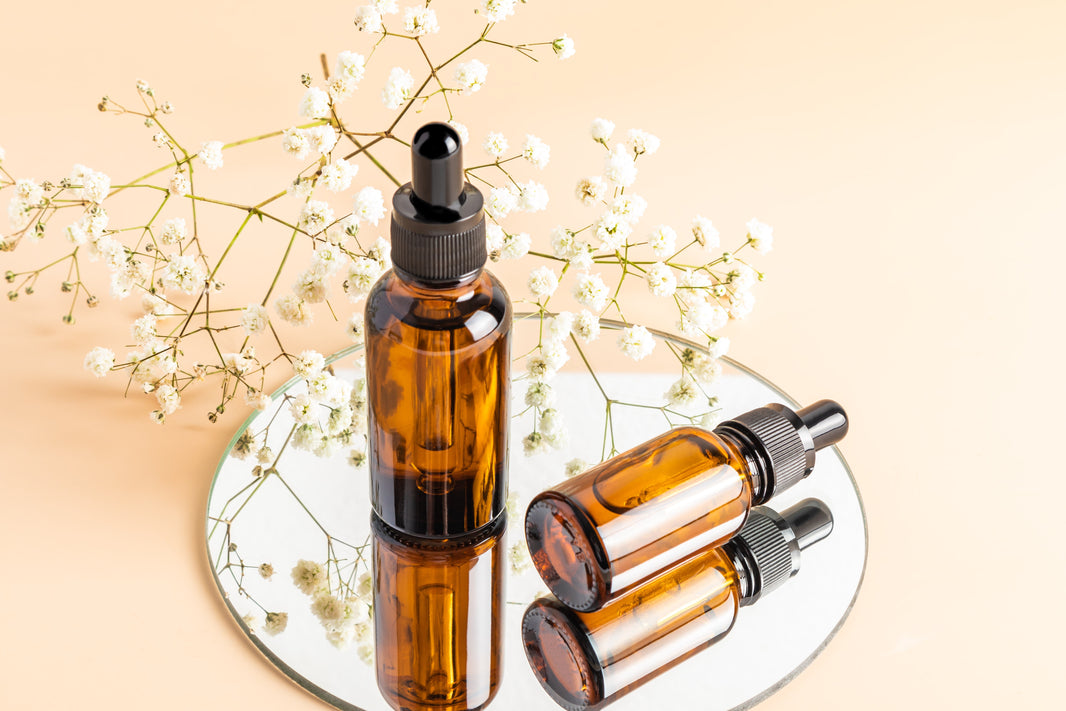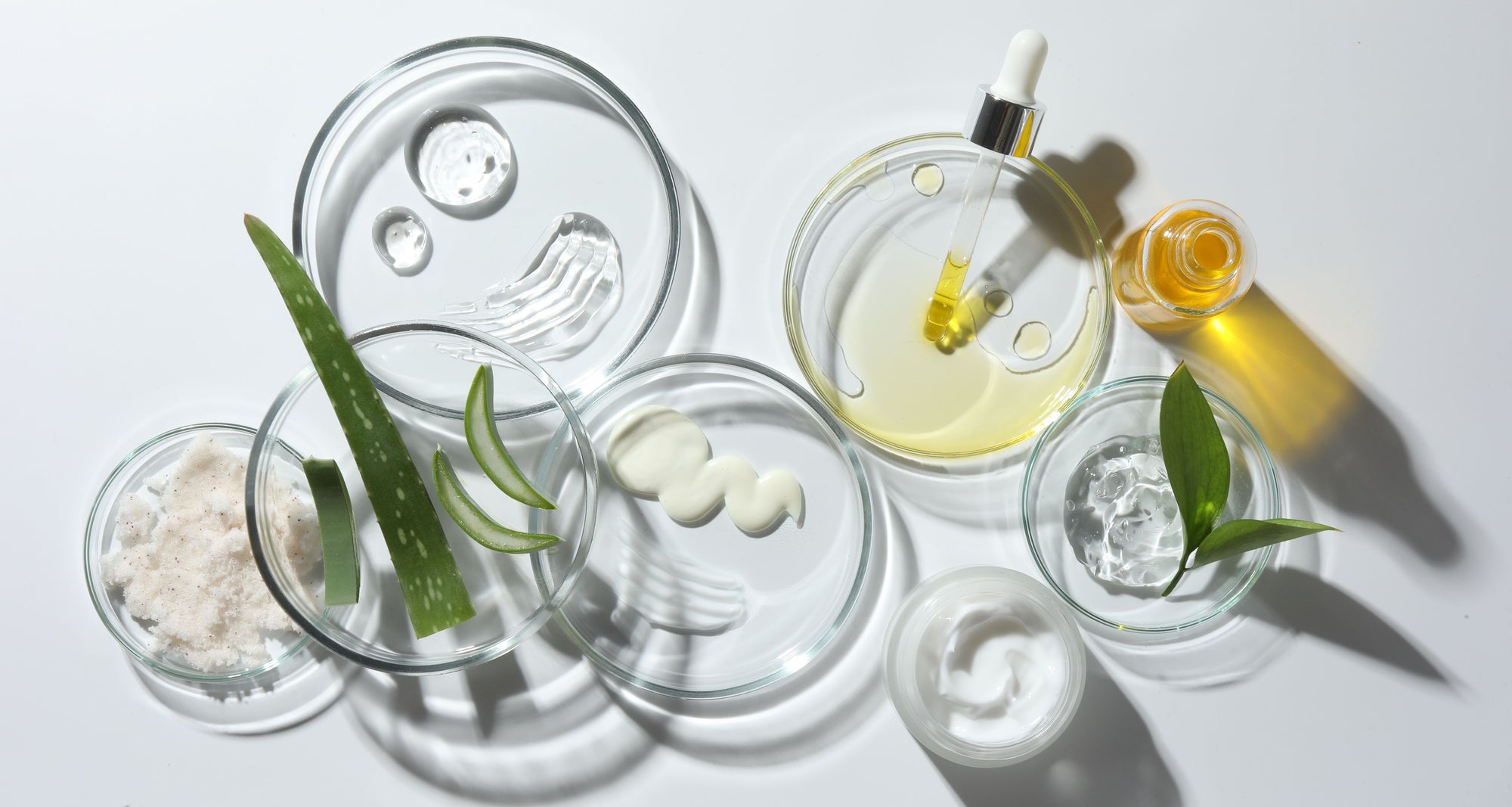What makes an oil organic?
The environmental impact of organic products
Organic oils aren’t just about personal care, they’re about impact:
-
Supporting farmers and ethical supply chains
-
Encouraging sustainable farming practices
-
Protecting soil, water, and wildlife
Even small choices, like swapping a conventional oil for an organic one, ripple out to create positive environmental and social effects.
Is organic the right choice for you?
Whether organic oils are the right fit depends on your product, your brand positioning, and your customer base. Here are a few points to consider:
-
Performance
Both organic and non-organic oils can be high quality and effective. The difference usually lies in how the oil is grown, harvested, and processed rather than in its function. -
Certifications
If your brand markets itself as natural, sustainable, or eco-conscious, certified organic oils may strengthen your message. If certification isn’t a priority, non-organic options may still deliver excellent results. -
Cost
Organic oils can sometimes (but not always) be more expensive due to stricter farming and certification processes. It’s important to balance this with your product pricing and market. -
Customer expectations
Some customers actively look for the organic label, while others are more focussed on texture, fragrance, or performance. Knowing your audience can help guide your choice.
Ultimately, there isn’t a single 'right' answer, it’s about choosing the oils that best align with your formulation goals, brand values, and customer needs.








